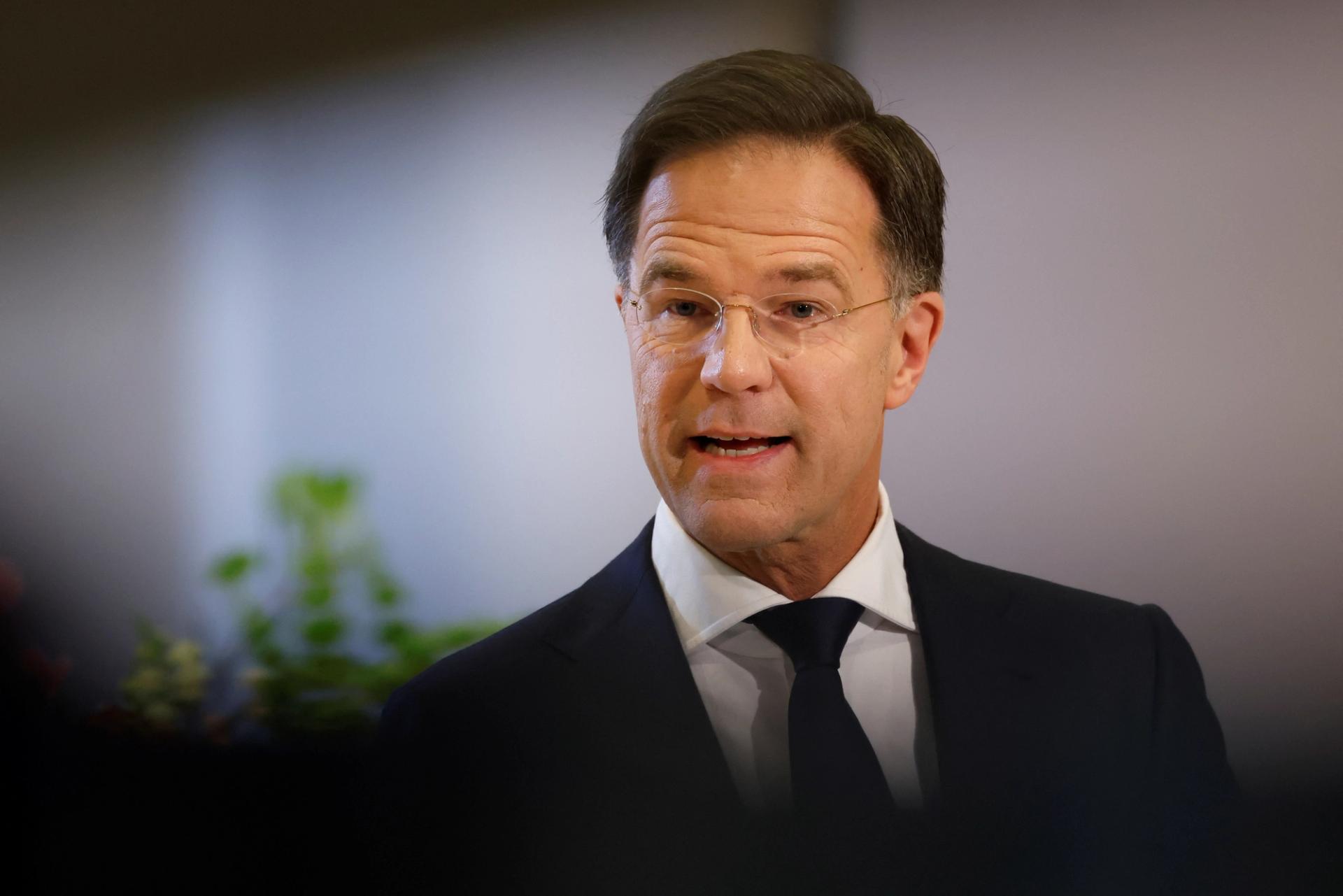The News
Dutch Prime Minister Mark Rutte on Monday issued an official apology for the Netherlands’ role in the slave trade, saying the Dutch state “bears responsibility for the immense suffering of those who were enslaved, and their descendants.”
But in Suriname -- a former Dutch colony in the Caribbean whose population includes tens of thousands of descendants of enslaved people -- many politicians fumed that they were not consulted over the apology and demanded reparations instead.

Know More
In a speech on Monday, Rutte said that the Netherlands had “enabled, encouraged and profited from slavery” for centuries.
“It is true nobody alive today bears any personal guilt for slavery,” he said. “But the Dutch state bears responsibility for the immense suffering of those who were enslaved, and their descendants. Today, on behalf of the Dutch government, I apologise for the past actions of the Dutch state.”
However, the apology did not sit well with politicians and activists in Suriname who were already prepared to criticize it after news leaked that Rutte would not be addressing reparations in his speech, the Dutch newspaper Algemeen Dagblad reported.
In response, the Netherlands sent Deputy Prime Minister Sigrid Kaag to Suriname to offer the apology directly to President Chan Santokhi.
But Suriname’s leaders were not placated. Armand Zunder, chairman of the Suriname National Repair Commission, said, “The recognition has been very clearly discussed, but not the responsibility and liability that goes with it. I also mean reparations, we have to talk about that.”
Deputy Chairman of the Surinamese Parliament, Dew Sherman, said Suriname should have been involved in drafting and approving an apology.
“This certainly lacks luster,” he said, according to Dutch Paper De Limburger, “Certain things have been left out, such as reparations. In the preliminary phase, more maturity should have been shown by politicians in the Netherlands.”
Although Rutte did not mention reparations in his apology, Bloomberg reported in September that the Dutch government had begun setting up funds to be announced after the official apology.
Step Back
The Netherlands played a substantial role in the slave trade to the New World, sending enslaved Africans to plantation colonies in what are today the Carribean countries of Suriname, Curaçao, St. Maarten, Aruba, and parts of Brazil and the United States. It is estimated that the Dutch sent about 600,000 slaves to the New World, according to historian Victor Enthoven.
The debate over reparations has become heated in recent years, with both the Dutch public and government unsure about how to address the country’s past atrocities. The issue extends into Europe, with some countries like the UK and Germany offering reparations for crimes committed in Africa, but no country committing to reparations explicitly for their role in the slave trade.
The View From The United States
A 2021 Pew Research Center survey found that 77% of Black Americans support reparations for descendants of enslaved people, compared to 18% of white Americans.
California is so far the only state to seriously consider reparations for its Black population. After more than a year of examining the case for reparations, the state’s task force began deliberations last week on how to calculate the amount eligible residents could qualify for.
The View From The United Kingdom
The UK also played a big role in developing slave colonies in Caribbean countries, including Barbados and Jamaica. While members of the royal family have apologized for the atrocities committed in these countries, many citizens of the former colonies have called on the British government to also offer reparations. The monarchy has become increasingly unpopular among Caribbean nations whose demands for reparations grew after the Black Lives Matter protests of 2020.